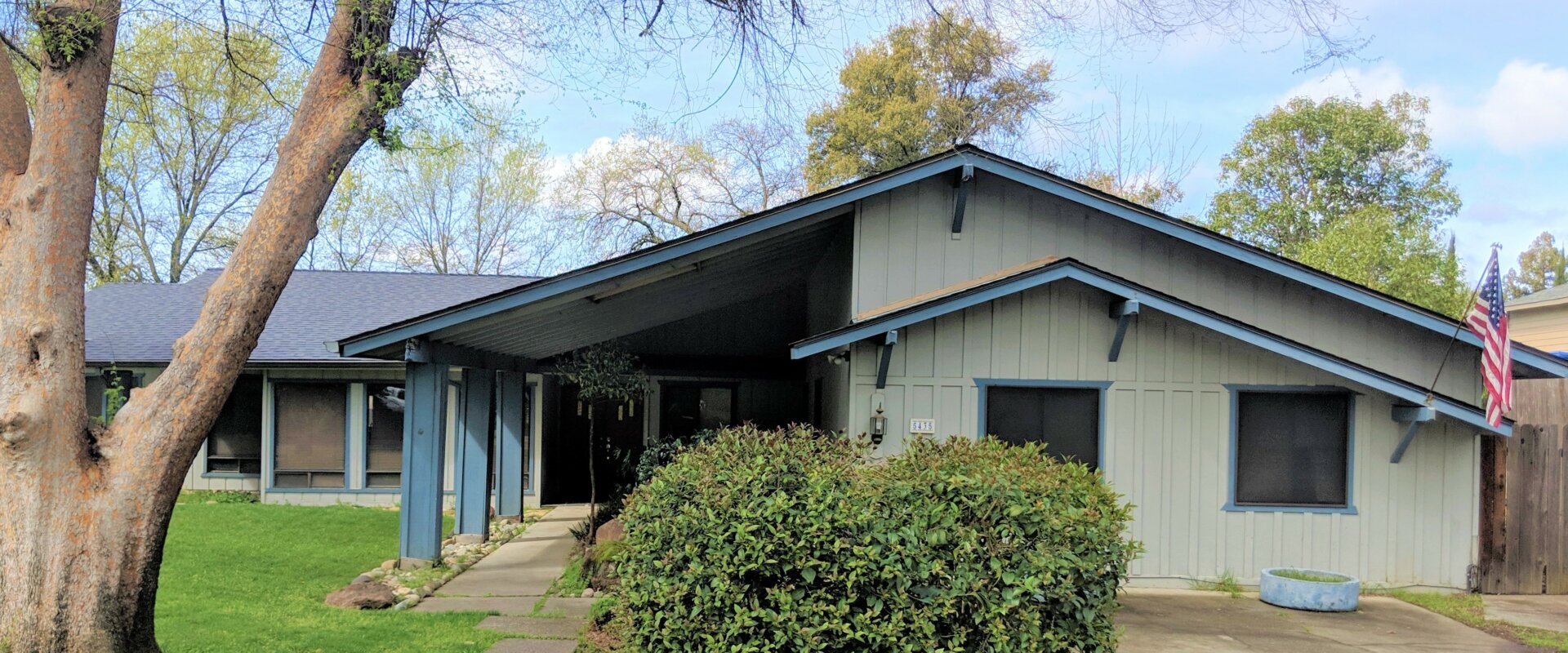Understanding the foreclosure process in California is essential for any homeowner who is struggling to make their mortgage payments. How soon will you have to move out? Is there any way to avoid foreclosure? Read on to learn more about the most common stages in California foreclosures and what happens after a judgement.
What is foreclosure anyway?
Foreclosure refers to a legal process used by lenders to take back a property. If you secure a loan and stop making payments, this process will be initiated (usually within four to six months).
Foreclosure is no fun. But it’s also not the end of the world.
When you know how foreclosure in California works, you’re armed with the knowledge you need to navigate the process and come out the other end in one piece.
The Basic Stages of A Foreclosure
There’s a few stages that are important to any foreclosure process, though they may differ slightly based on where you live. The two ways different types of foreclose in California are: judicial sale and power of sale.
Connect with us by calling (916) 907-6116 or through our contact page to have us walk you through the specific foreclosure process here locally in Sacramento.
In either scenario, foreclosure typically doesn’t go to court until 3-6 months of missed payments have elapsed. Usually (but not always), a lender will send out many notices that you are in arrears (behind in your payments).
Under Judicial Foreclosure:
- Your mortgage lender must file suit in the court system.
- You’ll get a letter from the court demanding payment.
- Assuming the loan is valid, you’ll have 30 days to bring payment to court to avoid foreclosure (and sometimes that can be extended).
- If you don’t pay during the payment period, a judgment will be entered and the lender can request the sale of your property – usually through an auction.
- Once the property is sold, the sheriff serves an eviction notice and forces you to immediately vacate the property.
Under Power of Sale (or Non Judicial Foreclosure):
- The mortgage lender serves you with papers demanding payment, and the courts are not required – although the process may be subject to judicial review.
- After the established waiting period has elapsed, a deed of trust is drawn up and control of your property is transferred to a trustee.
- The trustee can then sell your property for the lender at a public auction (notice must be given).
Anyone who has an interest in the property must be notified during either type of foreclosure.
For example, any contractors or banks with liens against a foreclosed property are entitled to collect from the proceedings of an auction.
What Happens After A Foreclosure Auction?
After a foreclosure is complete, the loan amount is paid off with the sale proceeds.
Sometimes, if the sale of the property at auction isn’t enough to pay off the loan, a deficiency judgment can be issued against the borrower.
A deficiency judgement is where the bank gets a judgement against you, the borrower, for the remaining funds owed to the bank on the loan amount after the foreclosure sale. In California, “…a foreclosing bank can’t get a deficiency judgment after a nonjudicial foreclosure. (Cal. Code Civ. Proc. § 580d)”. That means you’re unlikely to go through this process as a residential homeowner.
Generally, it’s best to avoid a foreclosure auction. Instead, call up the bank, or work with a reputable real estate firm like us at California Family Homebuyers to help you negotiate discounts off the amount owed to avoid having to carry out a foreclosure.
Experienced investors can help you by negotiating directly with banks to lower the amount you owe in a sale – or even eliminate it, even if your home is worth less than you owe.
If you need to sell a property near Sacramento, we can help you.
We buy houses in Sacramento California like yours from people who need to sell fast.
Give us a call anytime (916) 907-6116 or
fill out the form on this website today! >>

